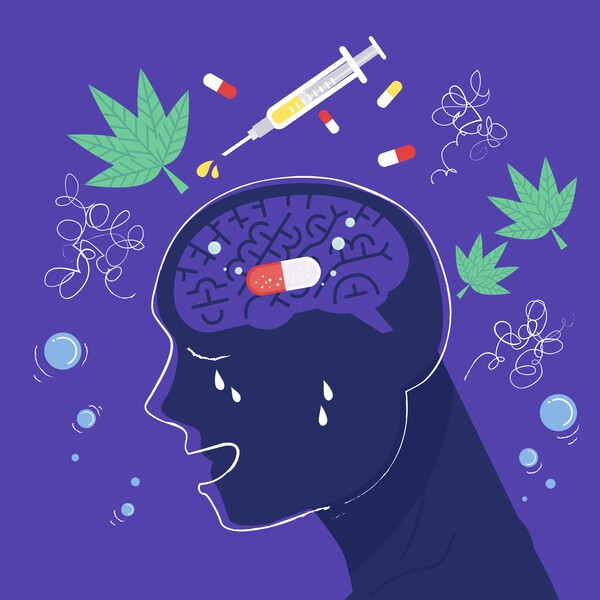
Ulsan, South Korea – In a concerted effort to combat the growing issue of drug misuse among its younger population, Ulsan City recently spearheaded a comprehensive drug abuse prevention campaign aimed at adolescents. The initiative, coinciding with the 39th International Day Against Drug Abuse and Illicit Trafficking on June 26, saw the operation of a dedicated promotional booth at the "Yak-sok-han Day" event held on June 14 at the Ulsan Metropolitan Office of Education's front yard.
This crucial outreach program was a collaborative endeavor, bringing together Ulsan City, its five district and county public health centers, and the Ulsan Branch of the Korea Association Against Drug Abuse (KAADA). The multi-agency approach underscores the severity of the challenge and the shared commitment to safeguarding the youth from the perils of substance abuse.
The operation of the drug prevention booth serves as a timely response to an alarming trend observed across South Korea. While historically having low rates of illicit drug use compared to global averages, the nation has witnessed a concerning surge in drug-related offenses, particularly among younger demographics. Data from recent years indicate a significant increase in drug offenders under the age of 19, signaling a critical need for enhanced preventive measures.
Experts and government reports highlight that curiosity and a lack of comprehensive, context-rich education are contributing factors to this rise. Traditional drug prevention education in South Korea has often been limited to short videos encouraging students to "just say no," without delving into the physiological effects of drugs, how to recognize signs of overdose, or where to seek help. This limited approach has created a vacuum, leaving many young individuals vulnerable.
Moreover, the misuse of prescription drugs, such as ADHD medications, has emerged as a significant concern among adolescents. These substances are sometimes sought for perceived academic advantages or can be obtained through illicit channels, further complicating the prevention landscape. The ease of access through online platforms and social media has also contributed to the spread of illicit substances among youth.
In response, the South Korean government declared a "war on drugs" in 2022, intensifying crackdowns and emphasizing the importance of education and rehabilitation. There is a growing consensus on the need for a more holistic approach that combines educational efforts with greater access to essential resources and an analysis of the societal factors influencing drug use.
Ulsan City's "Yak-sok-han Day" event and the dedicated drug abuse prevention booth are vital steps in this broader national strategy. By engaging directly with students and parents in an accessible setting, these initiatives aim to:
Raise awareness: Provide accurate, science-backed information about the dangers and consequences of drug misuse.
Promote early intervention: Equip young people with the knowledge to identify risky situations and seek help for themselves or their peers.
Foster collaboration: Strengthen the network between local government, health agencies, and anti-drug organizations to ensure a coordinated response.
Reduce stigma: Encourage open dialogue about drug addiction as a treatable medical condition, rather than a moral failing, thereby making it easier for individuals to seek assistance.
The collaborative model adopted by Ulsan City, involving local public health centers and the KAADA, is particularly effective. This partnership allows for a more localized and tailored approach to prevention, addressing the specific needs and vulnerabilities of the Ulsan youth population.
As the International Day Against Drug Abuse and Illicit Trafficking approaches, Ulsan's proactive stance serves as an example of the commitment required to protect future generations. Continuous investment in robust prevention programs, comprehensive education, and accessible rehabilitation services will be paramount in steering South Korea's youth away from the destructive path of drug abuse.
[Copyright (c) Global Economic Times. All Rights Reserved.]






























